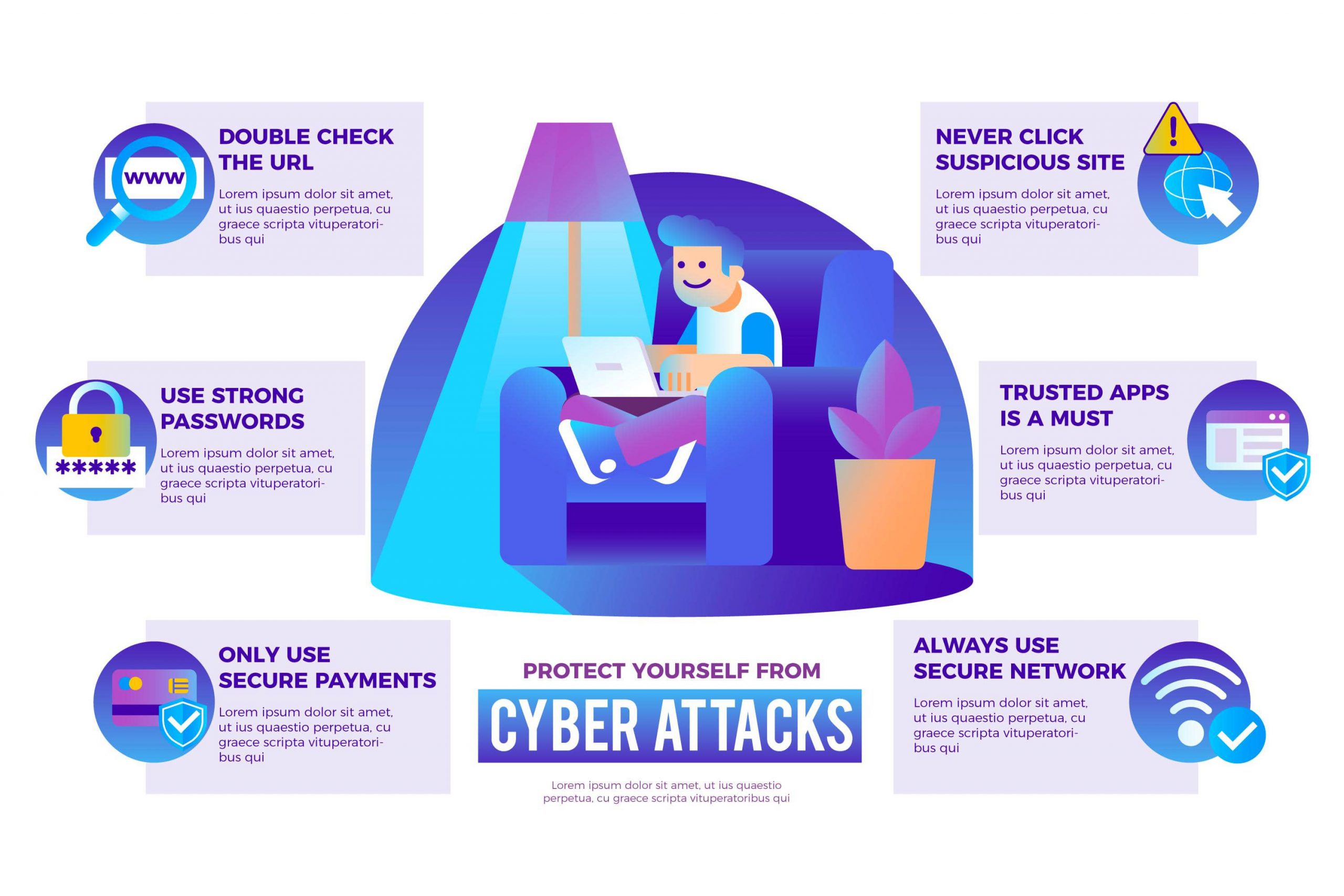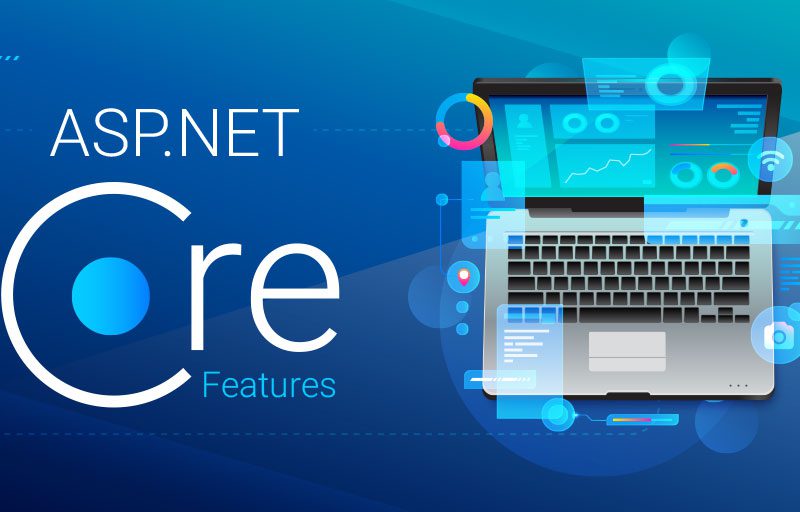Cybersecurity is a growing concern for web developers and organizations. Securing your ASP.NET Core application against cyber threats is crucial to protect sensitive data, ensure business continuity, and maintain user trust. This guide outlines effective strategies to safeguard your ASP.NET Core application from potential threats, with practical tips and examples.
1. Use HTTPS Everywhere
Hypertext Transfer Protocol Secure (HTTPS) encrypts data transmitted between a client and a server, protecting it from interception by malicious actors.
How to Implement:
- Obtain an SSL/TLS certificate from a trusted provider.
- Enforce HTTPS in your ASP.NET Core application by using
UseHttpsRedirectionmiddleware.
public void Configure(IApplicationBuilder app)
{
app.UseHttpsRedirection();
app.UseRouting();
app.UseEndpoints(endpoints =>
{
endpoints.MapControllers();
});
}
Benefits:
- Protects sensitive data such as passwords and personal information.
- Increases SEO rankings as HTTPS is a ranking factor for Google.
2. Secure Your APIs with Authentication and Authorization
APIs are a common attack vector. Implementing strong authentication and authorization mechanisms ensures only authorized users can access your application.
Best Practices:
- Use OAuth 2.0 or OpenID Connect for authentication.
- Leverage ASP.NET Core Identity for built-in user management and authentication.
- Implement role-based authorization:
[Authorize(Roles = "Admin")]
public IActionResult AdminOnly()
{
return View();
}
Benefits:
- Restricts access to resources based on user roles.
- Prevents unauthorized access and data breaches.

3. Input Validation and Sanitization
Unvalidated user input can lead to severe vulnerabilities like SQL injection and cross-site scripting (XSS).
How to Secure Input:
- Use parameterized queries with Entity Framework to prevent SQL injection:
var user = dbContext.Users.FromSqlInterpolated($"SELECT * FROM Users WHERE UserId = {userId}");
- Use model validation to enforce constraints on user input:
public class UserModel
{
[Required]
[StringLength(50)]
public string Name { get; set; }
}
Benefits:
- Eliminates injection attacks.
- Ensures data integrity.
4. Protect Against Cross-Site Request Forgery (CSRF)
CSRF attacks trick users into performing actions they did not intend, such as changing account details or transferring money.
How to Protect Against CSRF:
ASP.NET Core provides built-in CSRF protection through anti-forgery tokens. Add the [ValidateAntiForgeryToken] attribute to your controllers:
[HttpPost]
[ValidateAntiForgeryToken]
public IActionResult UpdateProfile(UserProfile profile)
{
// Update logic
}
Benefits:
- Blocks unauthorized requests originating from other domains.
- Protects sensitive user operations.
5. Implement Secure Error Handling
Revealing detailed error messages can expose sensitive information about your application’s structure, making it easier for attackers to exploit vulnerabilities.
How to Implement Secure Error Handling:
- Use custom error pages for production:
public void Configure(IApplicationBuilder app, IWebHostEnvironment env)
{
if (!env.IsDevelopment())
{
app.UseExceptionHandler("/Home/Error");
app.UseHsts();
}
}
- Log detailed errors internally but show generic error messages to users.
Benefits:
- Prevents attackers from gathering information about your application.
- Enhances user experience by avoiding cryptic error messages.

6. Enable Data Protection
Data protection mechanisms encrypt sensitive data, making it unreadable to unauthorized parties.
How to Use ASP.NET Core Data Protection API:
The Data Protection API in ASP.NET Core handles encryption for cookies, tokens, and other sensitive data:
services.AddDataProtection()
.SetApplicationName("MySecureApp");
Benefits:
- Safeguards data even if it is intercepted.
- Complies with data privacy regulations.
7. Use Security Headers
Security headers protect applications from various types of attacks, including XSS, clickjacking, and MIME type sniffing.
Common Security Headers to Implement:
- Content-Security-Policy (CSP): Prevents XSS by specifying allowed content sources.
- X-Content-Type-Options: Prevents MIME type sniffing.
- X-Frame-Options: Protects against clickjacking.
Add security headers using middleware like NWebSec or custom middleware:
app.Use(async (context, next) =>
{
context.Response.Headers.Add("X-Frame-Options", "DENY");
context.Response.Headers.Add("X-Content-Type-Options", "nosniff");
await next();
});
Benefits:
- Adds an extra layer of defense against client-side attacks.
- Improves compliance with security best practices.
8. Regularly Update Dependencies
Outdated dependencies often contain known vulnerabilities that attackers can exploit.
How to Stay Updated:
- Use tools like Dependabot or NuGet Package Manager to monitor and update packages.
- Regularly review the release notes of critical dependencies such as ASP.NET Core, EF Core, and third-party libraries.
Benefits:
- Reduces the risk of exploiting known vulnerabilities.
- Keeps your application secure and performant.
Conclusion
Securing your ASP.NET Core application requires a combination of best practices, proactive monitoring, and continuous improvement. By implementing these measures—ranging from HTTPS enforcement to penetration testing—you can build robust applications that are resilient to cyber threats. Remember, cybersecurity is not a one-time effort but an ongoing process that evolves alongside the threat landscape.
Other important thing to secure your Asp.net application is choosing secure Asp.net hosting provider. ASPHostPortal offers an array of robust features that are specifically designed to ensure the security of your ASP.NET applications. By combining state-of-the-art infrastructure, advanced malware detection, SSL integration, and frequent backups, ASPHostPortal provides a hosting environment that prioritizes both safety and performance.
Our platform supports essential security protocols such as HTTPS enforcement, data encryption, and real-time monitoring to safeguard your applications against emerging cyber threats. Additionally, with 24/7 technical support and compatibility with the latest ASP.NET Core updates, ASPHostPortal ensures your application stays secure and up to date.

Javier is Content Specialist and also .NET developer. He writes helpful guides and articles, assist with other marketing and .NET community work



